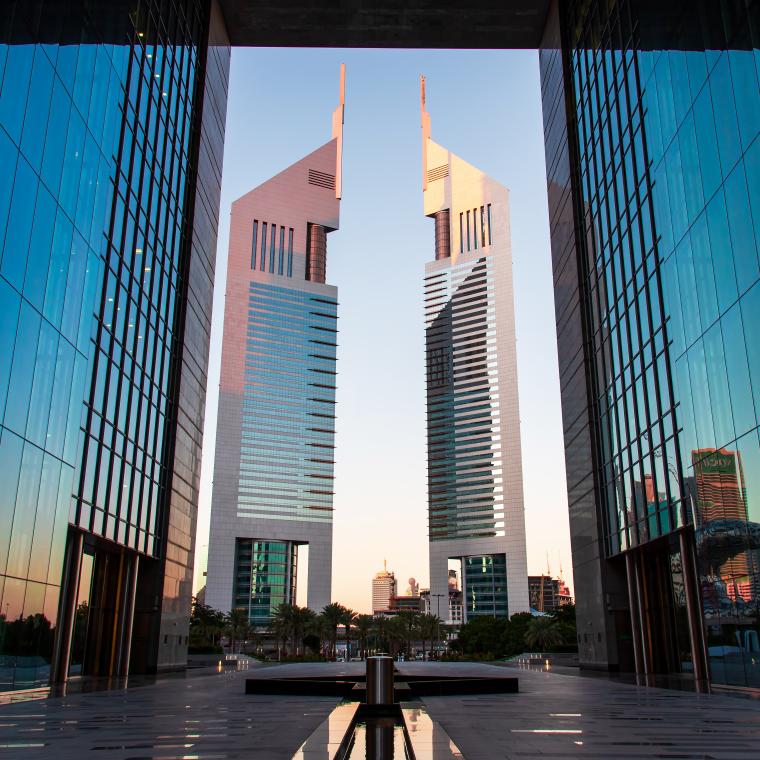
Safeguarding your wealth and ensuring its smooth transfer to future generations requires a forward-thinking approach. The recent amendments to the DIFC Foundations Laws 2018 (the ‘Law’) further enhance its adaptable framework for wealth preservation and succession planning.
In this article, Leevyn Isabel, Business Development Director – Private Client, unpacks the features of this regime.
What are the latest amendments to the DIFC Foundation law?
1. Confidentiality & privacy
- Details of founders, councils, guardians, and beneficiaries remain entirely confidential.
- Foundations are not obligated to disclose any information to beneficiaries unless specified in their governing documents.
2. Tailored foundations
Establish DIFC foundations for charitable purposes or specific needs, such as orphan holding structures for business transactions.
3. Unmatched flexibility
- DIFC foundations offer unique re-domiciliation capabilities. They can be seamlessly transferred in or out of the jurisdiction, catering to individuals with international assets.
- These foundations can be divided or merged to suit changing circumstances. Additionally, conversions between DIFC companies and DIFC foundations are permitted.
4. Streamlined dispute resolution
Founders can elect arbitration for any administrative disputes concerning the foundation through the governing documents.
5. Conditional beneficiaries
DIFC foundations can establish conditions for beneficiaries to receive benefits. This allows for stipulations like specific nationalities or educational attainment.
6. Targeted asset allocation
Allocate specific assets within the foundation to beneficiaries and issue corresponding depository receipts outlining the terms.
7. Owning Dubai real estate
DIFC foundations can hold Dubai real estate thanks to an MoU with the Dubai Land Department. Gifting property to a foundation incurs a significantly lower transfer fee (0.125%) compared to regular sales (4%). Notably, foreign trusts and foundations are excluded from holding Dubai real estate.
8. UAE corporate tax
Subject to conditions, DIFC foundations can potentially be treated as incorporated partnerships or join tax groups (holding UAE businesses) for UAE corporate tax purposes.
9. Digital asset safekeeping
The definition of “property” within a DIFC foundation encompasses “Digital Assets” as defined by DIFC Law No.2 of 2024, allowing crypto assets to be held.
10. Unchallenged authority
DIFC Laws and Courts have ultimate authority over foreign judgments regarding DIFC foundations. Inconsistent foreign judgments, including those related to inheritance rights, are not recognised, or enforced.
11. Enhanced asset protection
Legal challenges to property transfers and asset entitlements within the foundation are limited to a 3-year window. To invalidate a transfer, fraud causing insolvency must be proven. Additionally, creditor claims are restricted to the founder’s initial interest in the transferred property.
12. Removal of coerced officers
The Law mandates the immediate removal of any foundation officer acting under foreign court duress regarding foundation administration.
13. Founder’s retained control
Founders can reserve significant powers, including the authority to modify the foundation’s purpose and even terminate it.
How can Ocorian help to future-proof your wealth?
We recognise that every client is different and that individual requirements can change both in the short and long term as personal circumstances or, indeed, the wider world change. Our private client team builds a foundation of close and trusted relationships, making sure your needs and goals are always at the centre of what we do. Contact our team.

